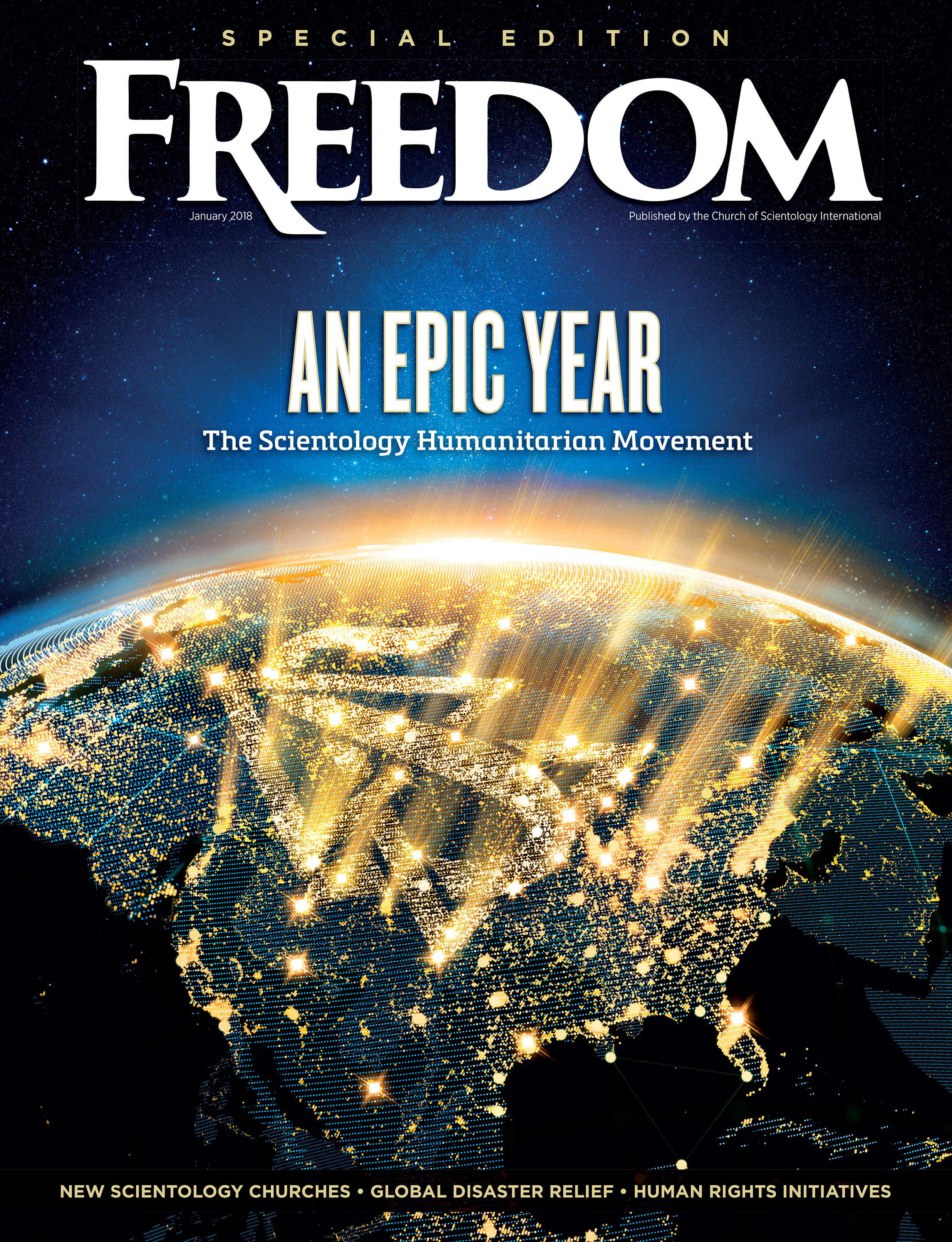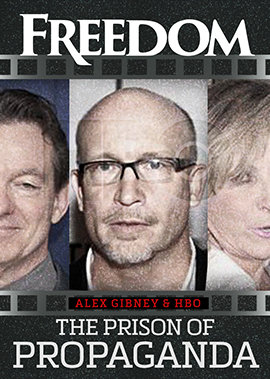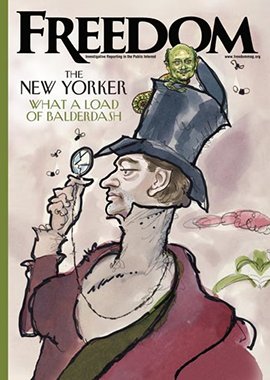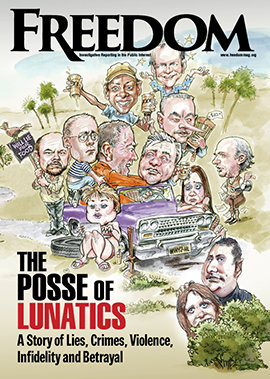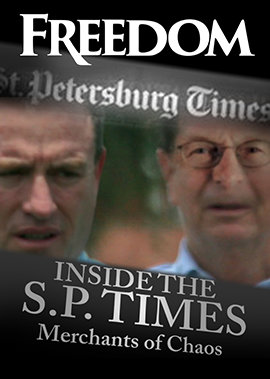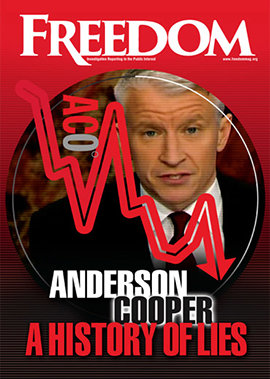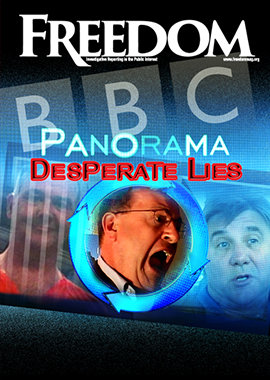On March 21–22, 2024, the Citizens Commission on Human Rights (CCHR), a worldwide nonprofit devoted to exposing human rights violations in the field of mental health, presented one of its traveling exhibits on the abuses of the psychiatric industry.

Titled “Psychiatry: An Industry of Death,” the exhibit was held at the Grand Central Market, a few blocks east of the Westin Bonaventure Hotel, where the American Psychology-Law Society, a division of the American Psychological Association, was holding its annual conference.
“It’s no accident that, while prescriptions for psychiatric drugs have continued to soar, so have suicide rates,” said Erin Godley, public affairs director of CCHR’s Los Angeles chapter, in her opening speech at the two-day event—an event which came close on the heels of the November announcement from the US Centers for Disease Control and Prevention that the nation’s suicide rate had reached its highest peak since 1941.
“This includes right here in Los Angeles, where [suicide] has risen 40 percent since the year 2000,” said Godley, asking: “How could this happen when the county’s mental health budget is the largest in the United States, at nearly $3 billion and rising?”
“That is exactly what this exhibition is all about,” she continued, “unrestrained, psychiatrists continue to harm in the name of help.”
“Psychiatry has reduced the level of spirituality of society in general, and this affects all religions.”
Featuring rare historical and contemporary footage, along with interviews with more than 160 physicians, attorneys, educators, survivors and mental health experts, the CCHR exhibition presented what Godley described as “the cold, hard facts about psychiatry and the threat it poses to our population.” These include forced drugging, involuntary commitment and torture in the form of electroshock.
Established in 1969 by the Church of Scientology, CCHR is rightly recognized as the leading mental health watchdog globally.
Operating in 34 nations with over 250 chapters, the organization has significantly reduced psychiatric abuses through documentaries, media campaigns, publications and exhibits aimed at educating officials and the public. The watchdog’s efforts also include ensuring that psychiatric crimes are prosecuted and advocating for legislation to protect citizens, resulting in the passage of more than 180 such laws to date.

Shortly before the exhibit formally opened, a team of CCHR volunteers visited the Westin Bonaventure Hotel, the venue for the American Psychology-Law Society conference. They placed invitations to the exhibit on the counter of the hotel’s gift shop and café, as well as in stores along the route between the hotel and the exhibit location, along with posters.
By the end of March 22, more than 800 people—reflecting the diverse demographics of those who typically frequent the bustling Grand Central Market, as well as conference attendees—had toured the exhibition. That microcosm of LA’s citizenry or those wayward conference goers all got a hands-on introduction to the global havoc caused by psychiatry and the pharmaceutical companies that support the industry of death.
Among those who toured the exhibit was Daniele, a public health nurse at the Orange County Health Care Agency, who also teaches at West Coast University. She said she would be using CCHR materials to raise the awareness of her nursing students.
“Psychiatry has reduced the level of spirituality of society in general, and this affects all religions,” said Reverend Oliver E. Buie, an executive board member of the LA County Department of Mental Health’s Faith-Based Advocacy Council and the NAACP Inglewood South Bay Chapter’s religious affairs chair. “A sense of moral values and guiding behavior is [provided], for the most part, by religions,” noted Buie, adding: “And these are under attack by entities such as psychiatry, reducing man to nothing.”
In a speech detailing nearly 45 years of her work at CCHR, Jan Eastgate, president of the watchdog’s international operations, observed the harm wrought by psychiatry, highlighting Los Angeles as the perfect city for the traveling exhibit. Although California spends more on mental health than any other state in the country, Eastgate pointed out that it has one of the worst human rights outcomes, particularly regarding homelessness.








